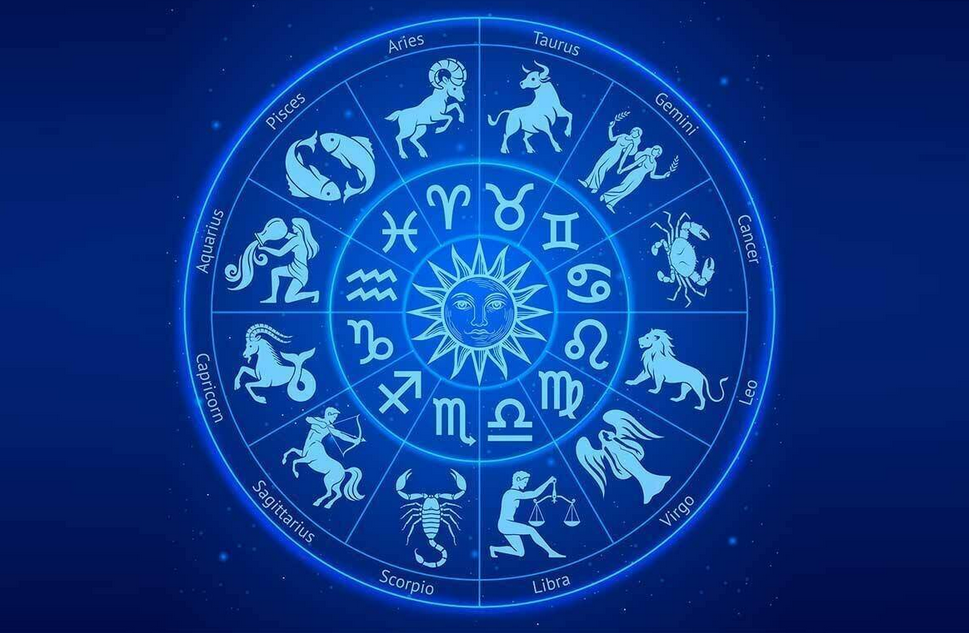
Symptoms of High Blood Pressure – Hypertension
A new study in Japan found that the need for urination at night, called Nocturia, may be related to high blood pressure and high salt intake. Nocturia is a condition in which people wake up at night because they need to urinate. Common causes of frequent toileting at night include high fluid intake, sleep disturbances, and bladder blockage.
People without nocturia can stay up to 8 hours without having to urinate, but some may need to get up at night – one episode is still considered to be within the normal range. People with nocturia may get up 2-6 times at night.
Nocturia may be a sign of other health conditions, including bladder prolapse, bladder or prostate tumors, and other diseases that affect sphincter control. Nocturia can also occur in pregnant women and people with heart or liver failure and diabetes.
As we age, our body produces less vasopressin, allowing us to retain liquids – which causes more urine production at night. Older people also tend to lose capacity and are more likely to have medical problems that affect the bladder. According to a 2003 poll by the National Sleep Foundation, about two-thirds of respondents between the ages of 55 and 84 said they experienced nocturia for at least a few nights a week.
Reducing salt intake may cause nocturia
A group of researchers presented their recent psychiatric results at the 83rd Annual Scientific Meeting of the Japan Circulation Association. According to their findings, going to the toilet at night to defecate may lead to excessive salt intake and high blood pressure.
“Our research shows that if you force urinating at night, you may have elevated blood pressure and/or excess unstructured body,” said psychologist Dr. Satoshi Konno, who is a hypertensive in the Northeastern Rossi Hospital. Sendai, Japan.
Previous studies have shown that excessive daily salt intake and high blood pressure have a negative impact on nocturia. In Japan, people usually consume much more salt than Western countries, so the Japanese population may be at higher risk of developing hypertension.
Although people in other countries often have different eating habits in terms of salt, these studies show that regardless of nationality, proper control of salt intake and blood pressure may be important for the treatment of nocturia.
- Dr. Satoshi Konno
- frequent toileting
- heart
- High Blood Pressure
- Hypertension
- Japan
- liver failure
- nocturia
- pregnant women
- Sendai
- Symptoms of High Blood Pressure
- urinate
- urination

Expert Installation: Tips for Choosing Air Conditioning in Brisbane

How to Maintain a Rotary Vane Air Compressor

Pet Hospital Logo Design Samples

ICC Men's T20 World Cup Warm-up Matches 2026 – Oman Team PNG Photos (High Resolution Download)

ICC Men's T20 World Cup Warm-up Matches 2026 – Scotland Team PNG Photos (High Resolution Download)

Sri Lanka vs Pakistan – Rivalry, History & Match Preview


